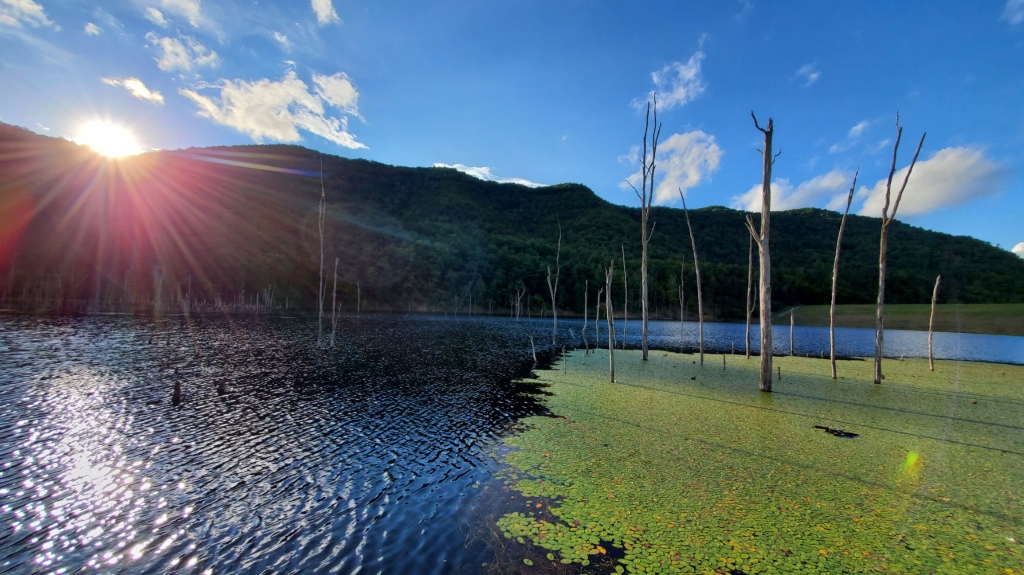
How we think of addiction and recovery has changed in America, largely due to the New Recovery Advocacy Movement (NRAM). The future of NRAM and SUD Peer Services are inseparably intertwined. SUD Peer Services originated out of NRAM as a primary objective. In An Open Letter to SAMHSA and the SSA’s On Inclusion – Our History and A Cautionary Tale, I noted that the movement is vulnerable to cooptation. We will be unable to avoid being coopted if we cannot teach the lessons of our own history, to our own peer workforce. That is exactly what is occurring in my home state. What is unfolding in PA will occur nationally without intentional effort to ensure we can train our own recovery workforce in our own recovery history.
In a System That Fails to Retain Its History or Prepare for the Future, I noted that we have done a poor job of transferring our own history on any level. We do not transfer knowledge about our progress and challenges in any organized fashion. One of our most significant assets to help us do so is the life work of Bill White. He has left us a huge resource. He knew that documenting and teaching our community about our own history could save a lot of future pain and suffering. Ceding the teaching of our own history to outside groups will kill off the recovery movement as we lose the ability to transfer what we have learned generationally.
This is occurring in parallel to our concern that peer services are becoming a shadow of their unrealized potential. A mere appendage of the formal treatment system. A system of care that fails to ground services in the impacted community is perpetuating paternalism and stigma. From the beginning of NRAM, it was realized that this must be avoided. Peer services originated with the recovery community and were intended to be grounded in our community, not in the formal treatment system or some other entity. Communities, in all of their diversity are best suited to heal their members and develop community recovery capital.
Centering peer services in our traditional care system will lead to over professionalization of the role and a shift towards a clinical orientation as it is the dominant paradigm. It is already happening nationally, in no small part because recovery communities organizations, comprised of individuals protected by the American Disabilities Act receive disparate funding. The paucity of resources starves off our potential. We find ourselves with limited resources to sit at the tables we need be at to keep our services recovery community focused.
To assist with our movements goals, one of the things I did last year is to develop a short training based on interviews with key leaders in NRAM. The training also contained references to work done by recovery historian Bill White and established history, from Operation Understanding, to the historic recovery summit in Saint Paul Minnesota and beyond. A list of the interviews and much of the related papers and material can be found here. The training is not being permitted to be taught to any of our statewide SUD workforce by the private entity that controls the content of all peer trainings taught across the state. We were not provided any feedback by this private entity on any facet that could be changed so it could be taught. We received a blanket rejection that trainings that are “ideologically and theoretically driven” or not of “durable evidence-based” content would not be permitted under new internal policies that were never announced and remain secret.
So I shared the training with key figures in the NRAM movement who I had interviewed. None of them identified anything inaccurate or that should have resulted in the training being denied. Their reactions ranged from puzzlement to outrage. One recognized that what happened here in PA could happen in any other state and urged the mobilization of our national community. Then the training was academically vetted for use nationally. I am conducting these trainings outside of PA even as they are denied to our people. Here in PA there is a tight control on the version of recover history that gets taught to the entire SUD certified workforce.
In PA, the training provided new SUD peer workers has been scrubbed of our contributions by those who standardized the training with public funds. By not even allowing us to train on our own history, the recovering workforce is denied the opportunity to learn why these services were developed. In this way, in one generation of workers, the role of our recovery community organizations in developing and sustaining this training will be lost. The very definition of cultural appropriation experienced by marginalized communities throughout human history is happening right here, right now in the great state of Pennsylvania to the recovery community.
We have one sanctioned version of history tightly controlled by a group outside of the recovery community. This is analogous of having one history book required for use by all educators with one point of view controlled by one private interest group with the tacit approval of a government that wants only one version of history taught. As a student of history and an academic teaching at a university, I know that understanding history in its rich diversity is vitally important and the hallmark of a free society. When I want to learn about a particular event or topic in history, I read 3 or 4 books on the topic to get a sense of the event from multiple perspectives. As a social work educator, I know that we teach the history of social work in multiple contexts in multiple courses. Not so in respect to SUD peer training here in PA. We cannot allow it to remain this way.
What is happening here in PA is a canary in the coal mine for NRAM. It can and will occur elsewhere if people are not actively working to prevent it from unfolding. It is even more important an issue in light of the movement to standardize peer training at the national level. These services and the training of these peers have become quite profitable for some, yet recovery community organizations remain woefully underfunded. Money increases influence, and we have less of it than the industries that have found significant profit from the fruits of our labor. We will end up on the table, not at it. That would be history repeated.
Unless the government at the state and federal level is sensitive to these dynamics it is likely the training of SUD peers will become overly academic and not grounded in the community who developed them. I was in the audience in Dallas Texas in 2013 when Bill White expressed the challenges and opportunities that our movement faced at that moment. His concerns have been uncannily accurate in his keynote address to the Association of Recovery Community Organizations. He later wrote it up into a paper titled State of the New Recovery Advocacy Movement. These writings are part of what we have been denied teaching to our own statewide SUD peer workforce, the original training of which originated out of our effort.
It is clear that the recovery movement is at a crossroads. If that which was created by us and for us ceases to include us, it would mark a turn away from a generation of efforts to establish recovery and recovery community as the foundational element in the healing of individuals, families, and communities. That the day we would come that we would stand at this crossroad was always certain. It is a lesson of our own history.
We have the scholarly writings of Bill White in Slaying the Dragon, to show us that there have been multiple recovery movements that have risen and fallen over the course of American history. They tend to either get coopted externally or fall apart due to internal conflict or both. The best ways for an outside interest group to foment division is to amplify internal discord or simply to take it over. That is also a lesson of our own history.
A question I posed in the Seed Vault of Recovery History and Our New Recovery Advocacy Movement, was whether we would tear each other up in factional disputes, be coopted by outside groups or rise to the challenges we face, together. Will we allow the New Recovery Advocacy Movement to wither and die on our watch? The answer is up to all of us. Our greatest contributions to helping America heal from substance use issues lie ahead, if we can sustain our efforts in an organized fashion.
Whatever we do, there is one bright spot. To borrow a quote from popular culture, in the movie, Jurassic Park, Jeff Goldblum notes that life finds a way. The long arc of recovery history is that of a Phoenix continually rising up out of its own ashes. Just as life finds a way, recovery always finds a way as well. I hope we do not allow this current recovery movement to end. But if it does, it will rise again. As life itself, recovery always finds a way! If we fail to do what we can to extend this movement for another generation, a group in the not too distant future will rise up an even newer recovery advocacy movement. They will build upon the funeral pyre we created for ourselves. Perhaps they will learn from our mistakes. One more reason it is vital for us to control the teachings of our own history is a commitment to future generations. To share what we have learned in an effort to assist them in moving forward is our most vital task.
